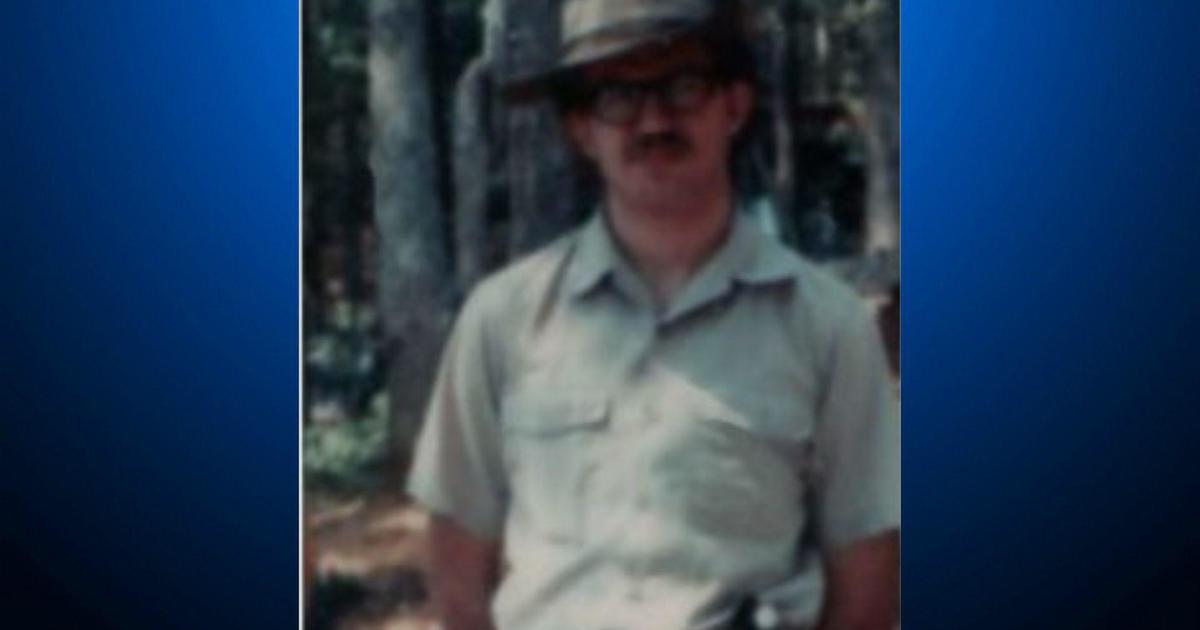Bay Area Scientists Use DNA Tests To Save Wisconsin Teen With 'Bubble Boy' Disease
SAN FRANCISCO (CBS SF) -- A 15-year-old boy from Wisconsin is healthy today because of the hard work of Bay Area scientists who dropped everything they were doing and worked round the clock for 48 hours to save him.
In a first of it's kind test with the potential to save many lives, University of California San Francisco researchers used advanced DNA testing techniques, called 'next-generation sequencing,' to pinpoint the exact cause of 15-year-old Josh Osborn's mysterious illness.
Josh had previously underwent five months of medical tests in Madison, Wisconson, but was running out of options and time.
His father, Clark Osborn, said they tested Joshua for just about everything. "They tested for viruses and bacteria, and ultimately he had a brain scan and two or three spinal tap," he said. "It certainly wasn't for a lack of trying."
Josh was born without an immune system, commonly known as "bubble boy" disease because patients often live in a plastic bubble to protect themselves from germs.
Last year he was back in the hospital in a medically-induced coma as his brain swelled with fluid.
Josh's last hope was an experimental new test 2,000 miles away at UCSF; his fate to be determined by 1,200 lines of computer code.
His DNA was rushed to Dr. Charles Chiu at UCSF's Infectious Diseases department, who'd been developing the test, known as "next generation sequencing."
It involved running Josh's sample through a machine that cranks out DNA results in a few hours, what would normally take an army of technicians several weeks.
"Typical manual methods of doing sequencing can only sequence maybe 10 to 100 sequences at a time," Chiu said. "This machine can sequence up to 50 million."
But a problem remained in the machine which generated 1.5 gigabytes of raw test results.
Chiu, who also has a degree in computer science, ran the data through that software he coded.
Again, what would've taken 24 hours, Chiu's program did in 96 minutes.
Out of millions of tests, it found the needle in a genetic haystack.
"The majority of the reads were really mapped to Leptospira Santarosai," Chiu said. It was a perfect match to a nasty bug.
"This is the actual genome of that organism," Chiu said. "And you can see that the reads in Josh's sample precisely mapped across the entire genome of the organism."
The treatment was simple: high doses of penicillin. And it worked.
"I feel wonderful today," Josh said. "And being at my home with my family alive is probably one of the most amazing feelings a boy can get."
Chiu is feeling pretty good, as well. "The ability to take your research and translate it to the care of patients," he said, "there probably isn't a better feeling in the world."



